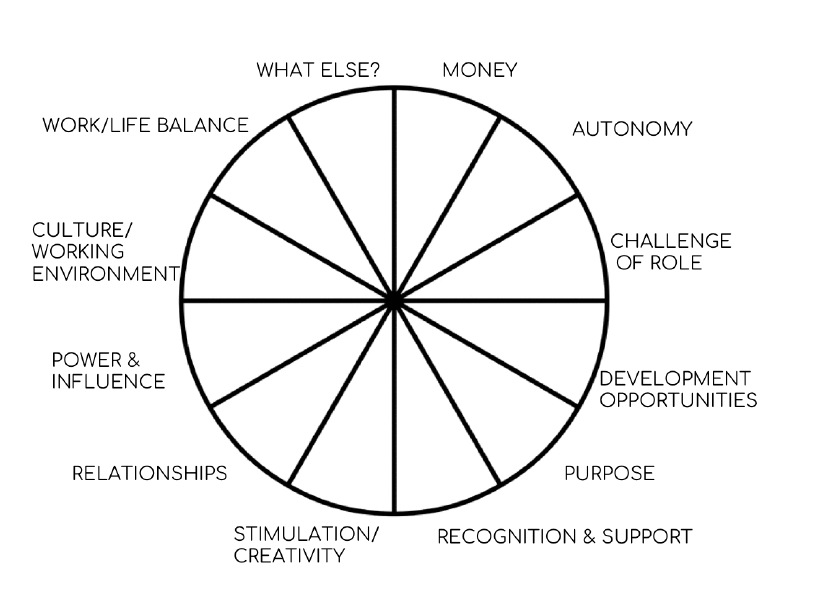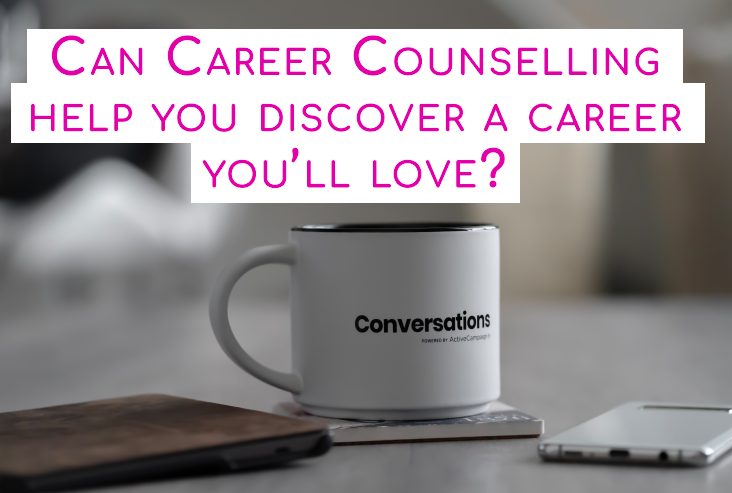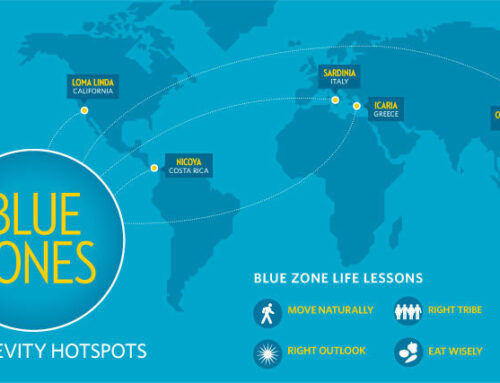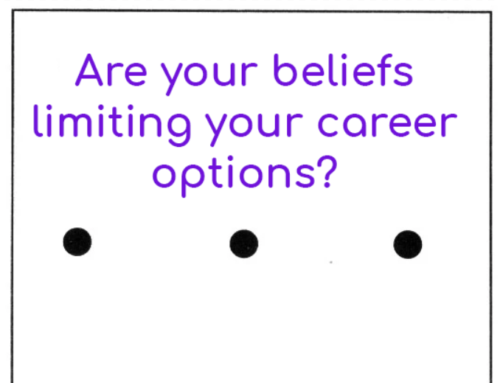You might have heard about Career Counselling, and are wondering what it entails? More importantly, if it’s right for you and can benefit you in your career?
Perhaps you feel unhappy in your current job, but nothing else seems to motivate or excite you? Or maybe you feel interested in many different things, and you don’t know where to focus?
Career Counselling is described as a ‘process which enables people to recognise and utilise their resources to make career related decisions and manage career related issues.’
But what does this actually mean?
In this article I’ll explain how Career Counselling can help you discover a career you’ll love, even if you now have no idea what that is. Through my work as a Career Coach & Counsellor I have found this to be one of the most common challenges people have.
I’ll also share with you how you can mentally prepare yourself in advance of Career Counselling, in order to get the most out of it.
I hope you’ll find the information inspiring and valuable.
1. Today is the perfect time to get started!
Speaking from personal experience, it often seems there’s never a perfect time. Previously, I put off making my career move for about 3 years, because I was waiting for the rest of my life to be in a ‘better place’. The problem is, that day never came as it was by actively doing stuff that things changed.
So a big piece of advice I learned the hard way is to accept that you’ve got a challenge ahead of you. But with the right support, no matter what’s standing in the way, you can overcome it.
2. Use the momentum to re-evaluate your whole life
I’m a huge believer in keeping the wider picture in mind when you plan your next career move. Don’t just think about how you want your new role to look like, but what you want your life to look like.
Do you want to spend more time with your family? Or do you finally want the freedom and flexibility that comes with being self employed?
Use the momentum to have a complete look at your life and think about what you want more than anything else.
3. Your 1st Career Counselling Session
A great Career Counselor should always ask you to be as clear as possible about what you want to achieve, as well as how you want the Career Counselor to be. Should they be more challenging, more supportive, or a mix?
I usually send my clients my version of the ‘Wheel of Work’ in advance of the first session, which gets them thinking about which areas of work they are happiest with, and which ones need most improving. This includes, but isn’t limited to, the challenge of the role, autonomy, money, work/ life balance, relationships etc.
Usually people are quite surprised when they notice just how many aspects of work are not up to scratch, as well as how everything is interconnected. Often, by changing just one aspect, your perception of the entire wheel can change dramatically.

4. Homework
Homework between Career Counselling sessions can be extremely useful. Every client has unique challenges and blind spots, so as the relationship develops and I get to know you better, I’ll know which homework to give you to move you forward. This could be homework that sheds light on your values, interests, self-perception, strengths, just to name a few.
We then discuss the insights and learnings from the exercises in the next session, and connect the dots inside the bigger picture, which is often very revealing.
5. Moving you through the stages
Throughout the Career Counselling I’ll move you through several stages, with the aim to get you clearer and more confident about your goal.
The first couple of stages are mostly about getting clear on YOU – your assets, values, interests etc. As we start connecting the dots and different career opportunities are revealed, we will then start going into depth with each, starting with the most appealing.
Here you can see the rough stages:
1. Dig deep – explore who you are, what you like, what you’re good at and what matters most to you in your life and career
2. Dream – uncover, brainstorm and discuss career opportunities, from the more familiar to the more far-fledged
3. Discover – go in-depth with the opportunities, learn and decide whether to pursue them further
4. Develop – refine, change and build on the new ideas and directions
5. Decide – Set a clear goal and develop an action plan from where you are now to where you want to be
6. Having conversations with people who are doing the role
Conversations are extremely useful, for several reasons. By talking to other people who have experience in an industry or role you’re interested in, you learn way more than you can ever find out from online research. You also get a strong impression of what the people in this industry or role are like, and whether you’d want to associate with them.
Can you imagine working with them, and even becoming more like them over time? Did you finish the conversation on a high, or with an uneasy feeling? You have to trust your instinct on this one.
I strongly believe that although we can’t measure something like instinct or gut feeling, it’s really your experience, partly subconsciously, advising you in the background.
When you’re on the right path, you’ll know whether it’s right.
7. Expect your journey to be circular, not linear
Accept that you have to invest time and effort in achieving your goal, and sometimes it will feel like you’re taking one step forward and two steps backwards.
It’s likely not going to be a linear path from where you are now, to finally being in a role that feels like the right fit.
What’s important is that you commit to taking one step after the next, again and again.
Some steps get you far ahead, and some steps get you a tiny bit ahead, or they might also get you temporarily off path. You have to embrace the mistakes and blind alleys as well, they’re part of the course.
Bottomline – if you don’t expect shortcuts, and you’re willing to put in the effort and expect it to all take a bit longer than you originally thought, you will absolutely reach your goal.
Remember, just because something feels difficult and like you’re not getting anywhere, you are in fact learning. Progress is about consistently learning and not stopping.
Conclusion
I hope you now feel a bit clearer about what Career Counselling entails, and how you can prepare your mindset to get the most out of the experience.
Career Counselling is a powerful process which can get you unstuck and ensure you don’t make the same career mistakes over and over again.
Feel free to reach out to me if you’d like to learn more.
To your success and happiness,







Leave A Comment